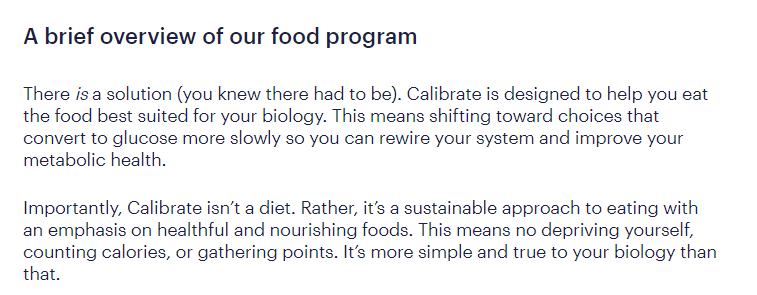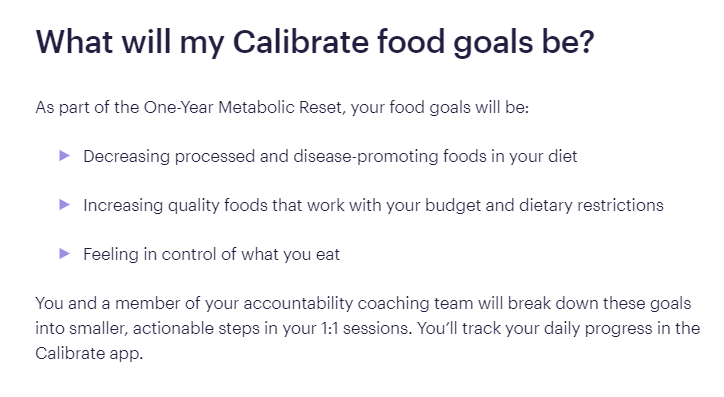I’ve been trying to lose weight and become healthier for several years. In that time, health tech has taken off with a barrage of gadgets and services that promise they can help you eat right, work out better, and get unprecedented insights into your body’s functions. Unfortunately, it’s difficult to know how well these products work before trying them. Most tech reviewers I trust haven’t looked at these devices, and due to their high cost and newness there’s not many reviews online. I wanted to catalouge what these technologies looked like for me outside of the world where companies pay people for very obvious posts on their blogs.
Lumen: like vaping for nerds
The first truly health-focused device I bought was the Lumen back in 2020. The Lumen is a sleek black device that looks like a fancy vape, but you blow into it and it uses a c02 sensor to provide you a Lumen Score from 1 to 5. The Score is designed to tell you if you’re burning fat (1), carbs (5), or a mix of both. When I first started using the device, I combined it with regular intermittent fasting (using the Zero app). It worked as advertised – after eating pizza, you blow a 5, after a 16 hour fast I blow a 1. The Lumen app tried to give you increased metabolic flexibility over time by helping you transition between stages in a healthy way. Ideally, your body can swap between burning carbs and fat quickly.
I stuck with it for a few months, but I didn’t see dramatic improvement until I combined it with Calibrate (after starting Ozempic, I only blew 1s and 2s, rendering the device useless). I eventually sold the device as I didn’t feel like I got a lot of use out of it – I don’t need to spend time every day blowing into a device to tell me I need to not eat before bed and eat less carbs and more veggies. This will be a pattern. With all that said, the Lumen was cheap compared to everything else listed here, and if it doesn’t conflict with any medication you take, it does work, so it may be worth a try for you.
Oura: A smart watch but worse
I had the Oura 2 for about a year and the Oura 3 for a few months. The Oura mostly accurately read my heart rate and sleep, and I had no idea what to do with any of the data it gave me. I bought the 3 because it seemed like it might provide some additional features or something to make it more useful. It largely told me what I already knew: working out and sleeping well is good for you, coming home drunk and eating White Castle at 2am before passing out is not. The innovation of the health technology sector is spectacular.
I returned the 3 a few days before the return period was up. I thought I would rather have the $400 back. We’ll see if I get it – I found out you can’t wear the more expensive version of the Oura when working out because you’ll scratch it. Yes, you can’t wear the workout tracking ring while working out or you’ll ruin it. Ask me how I found out.
Calibrate: The monkey’s paw of weight loss
It was at this point I started learning about programs that offered pharmacological aids for weight loss, like Found and Calibrate. I chose Calibrate as they were available in my state. I’m not going to recap every part of the Calibrate program here – there’s coverage on countless other relentlessly positive blogs. Being a miserable person, let me talk about what I didn’t like.
My coach was helpful in some cases but especially early on they seemed to want to hew very closely to the law of the program. The educational programming might be helpful for someone who is very new to weight loss. Calibrate does commit one mortal sin – like Noom and other weight loss programs, they avoid saying the word “diet” or outright deny they’re a diet. In the first month of Calibrate, the program (the coaches do not write the program) prescribes a two-week crash diet of basically nothing but some vegetables, small amounts of lean meat, and nothing else. “You can have a square dark chocolate if you’re feeling cravings during that time” is such laughably bad advice I wonder if the people in the program have been skinny so long they believe this will work or know and don’t care. I made it about a week and a half and was miserable and obsessed with food and calories every day the entire time. I recall them asking if you had a history of any eating disorders during the intake and I realized why – the program might give you one.




The program then “relaxes” to allow you a few servings of such luxuries like whole grain pastas, cheeses, and seeded breads. The three forms of the program (“Metabolic Reset”, the crash diet, “Intro Triangle”, the initial program, and the normal “Calibrate triangle”). After a few months of genuinely giving this a shot I just broke down. I did lose weight, but I just couldn’t do it anymore – it was exhausting and stressful. There was countless technical problems like the scale not syncing and requiring troubleshooting for months, or the app update that removed functionality I relied on (the website was heavily nerfed a few months after I joined). After the big update that nerfed the website, I didn’t notice any major changes to the app from then until now. My sleep still doesn’t sync.
Tracking is done by entering “red foods” but if the program’s definition of red foods doesn’t work for you, this is useless, so I didn’t bother. Quest or Pure Protein bars are a red food, for example, because they include artificial sweeteners. I recall they mention that artificial sweeteners can alter your blood sugar and that’s why they need to be avoided entirely; but this is far from conclusive and assumes you can just stop eating most of the foods that make up your diet with no substitutions, which also flies in the face of most modern research. This is a good example of my issues with the triangle and program overall – there’s never a good citation given as to why these things are bad, but there’s a lot of content that moralizes around “natural” and “artificial” foods and the spiritual benefits of yoga. This was somewhat surprising and not great to hear coming from a program that sold itself as science-backed, to say the least. There’s a lot of twee “try journaling your feelings”/”Make a sleep mantra” style of content that I genuinely tried to do for the first few weeks to give it a chance. I quickly had my fears confirmed as they all just grate on my soul and makes me miserable and annoyed. I just started skipping over these types of recommendations.
During my frustrations, I ran across a very similar company called Fella that was targeted at men. I usually don’t like products explicitly targeted at men but I did feel like it would be a better fit after researching them (they aren’t available in my state yet). I would hope there is less of the twee content in a program for men, but I guess you never know.
I did lose weight with Calibrate due to the medication (Ozempic and then Saxenda). It makes you a lot less hungry, which makes it easier to eat smaller portions and make better choices. There’s a catch, though. As soon as you off the medicine, you appetite comes back. Did I mention the medicine is injectable and you need to take it every day? And without insurance it’s almost $2,000 a month? Also, you still need to do everything you’d be doing otherwise – the hunger reduction is noticeable not but dramatic, it’s still very easy to overeat when taking it. I felt a bit betrayed when they finally revealed this (it’s not mentioned at any point and I had to explicitly ask a few times) but I wasn’t that surprised. I hit a plateau in my weight loss and wanted to look for other options rather than continuing with Calibrate or upping the dosage of Saxenda.
Veri: the NFC tag for blood
Veri is a program that combines and app and a continuous glucose monitor to let you monitor how food affects your blood sugar. The app helps you combine that data with your fitness data from other wearables to try to give you an idea of what can cause things like crashes in energy, or what foods can help keep you full longer. It’s $160 for a two pack of sensors, and Veri encourages people to subscribe and unsubscribe as needed (they have single sensor monthly and quarterly plans as well). I spent about four weeks (two sensors) trying to get their (new) Android app to read the tag — it never did. They did refund me, to their credit.
This is a good time to mention that basically every health and fitness technology startup seems to have a preference for supporting iOS, assuming they have an Android app at all (many don’t!). I assume this is because the average iPhone user is wealthier and more likely to be in the demographic to drop a lot of money on health programs. Among many other things, it’s pushing me to get an iPhone.
Stuff that actually helped me lose weight
So, what’s been helpful? Nothing really related to technology.
- A personal trainer has easily been the thing that’s helped me the most. I had intense anxiety around the gym years ago and a trainer helped me not only go to the gym more regularly, but even feel good about it, and I’ve gotten much more comfortable lifting on my own rather than sticking to the cardio machines. It took me a few tries over a few years to find one I really vibed with, though.
- Meal kit delivery services – like Factor or Freshly – have been helpful keeping me eating well easily but I can’t stick with them becuase anything microwaved is soul-sucking to eat more than a handful of times a week.
- Living near a gym – I go to the gym much more now that it’s close by (walking distance)
- Living near grocery stores (especially Trader Joe’s) lets me get healthy frozen foods and stuff like TJ’s taco bowls or Banza pizza, which is great for controlling cravings while staying on track.
- Medication (Wegovy, from my normal GP)
Eagle-eyed readers may notice that all of the above things are expensive, recurring costs (labor, meal delivery, rent in expensive areas). Many of the cheaper ways to lose weight – meal prep, for example, or working out at home – were just too hard to stick with for a variety of reasons. I’m still looking into some exciting home workout options like Tempo and Tonal but neither work for me right now (Tempo requires a large proprietary machine or an iPhone, Tonal is only for homeowners).

Leave a Reply